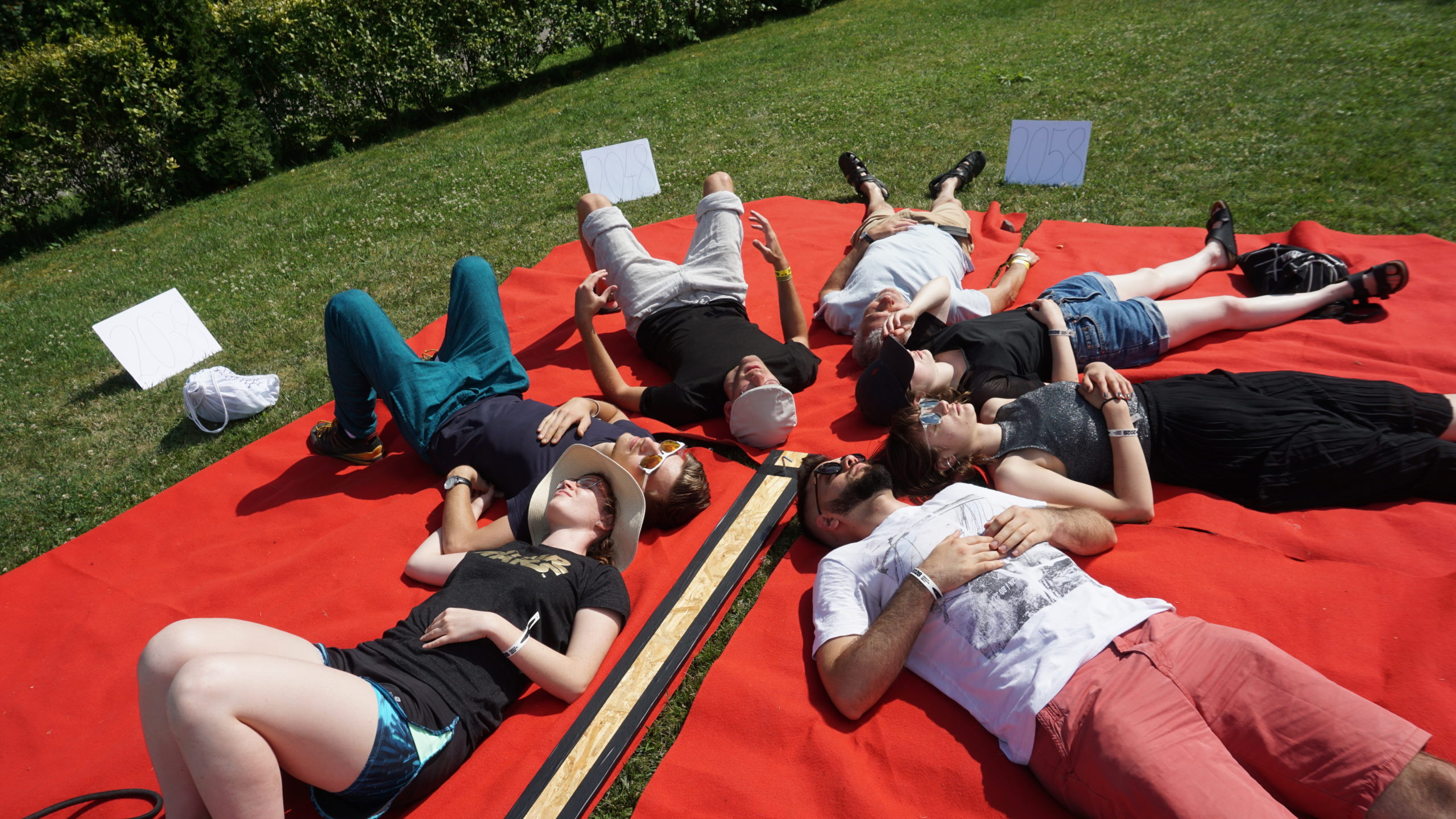Alexandra Köves*, Judit Gáspár**, Réka Matolay***
Abstract: In 2016 a participatory backcasting research took place in Hungary on the topic of responsible and sustainable business. The researchers felt that the results should not remain within the extremely narrow limits of scientific publications, such a socially important issue should reach a wider circle of society. Only then can they initiate an indispensable dialogue to create real social change. This paper describes the endeavour that turned research results continuing education broker into a theatre adventure game through the cooperation of an independent art troupe and researchers in 2018. It shows how – especially in the realm of complex socio-ecological-economic issues – art can contribute significantly to bring beneficial scenarios closer to public understanding.
Introduction
Changes demanded by scientists can only take place when a critical mass of citizens react to these calls and begin to see themselves as part of the solution. One way of initiating changes in perceptions and actions is by providing new narratives that enable people to overcome reigning paradigms and path-dependencies. Such real utopias (Wright, 2012) provide viable alternatives and pave the way for necessary transitions. Participatory backcasting exercises result in “real utopias”. Such endeavour took place in Hungary in 2016 to see how responsible and sustainable business could look like in the future. The authors of this paper felt that the mere scientific publication of the outputs visit canceltimesharegeek, results and analysis of the research would not contribute to the social dialogue indispensable to initiating social change. Hence, they turned to art in order to reach wider audiences, fight dragons of inaction and see how the artistic interpretation of the results might contribute to their understanding of the matter. The independent drama troupe The Symptoms_Lab converted the outputs into a theatre adventure game. This article describes the experiences of this project firstly by presenting the backcasting research itself; secondly by depicting the nature of cooperation between the artists and researchers; and lastly by offering some points of discussion on why it is worth considering drama as a tool to drive environmental change. Check on ikasaman.com.
The backcasting research on sustainable business
Backcasting is a method of normative scenario development that enables the envisioning of ideal futures both in the case of individual actors or entities or in the case of wider social establishments. After the visioning process, the method works its way back to the present in order to see what can be done to influence current trends to move towards the desired state. The three most important traits of the backcasting method that aligns well to sustainability issues are that it perceives a) a complex environment; b) current trends which lead to unacceptable outcomes; and c) humans as active agents in transforming the future (Robinson, 2003).
Capitalizing on the method we were interested in finding out «What will the company of the future look like? – Sustainable and responsible economic actors in 2050» as the title of the research suggested. We organized the research in collaboration with two local organisations: the Business Council for Sustainable Development in Hungary (BCSDH) and the Civil Auction Foundation (CAF), both aiming to accelerate the transition to a sustainable world.
During the two-day research workshop, a panel of twelve sustainability experts with corporate, civic and academic affiliations first created a sustainable vision for 2050, then developed the necessary steps back from that future to the present. In this envisioned future the fundamental goal and core competence of economic organisations is to serve communities and nature: business is issue-driven and maximizing utility is not an end in itself. Although profit exists, it is no longer an end – only an indicator of value creation in the issue the company serves. The convergence of the corporate and the civic sectors result in “cuvée organisations” – a construct developed by the participants. The economy is characterised by coopetition[1] whereas there is a continuous public discourse in society on e.g. values and issues. Economic organisations themselves are also venues for democracy both for internal and external stakeholders: they are genuinely involved in strategic decision-making as well as future planning. The key topics selected by the participants to identify backcasting steps were: 1) the attributes of the cuvée organisation; 2) the characteristics of the issue-profit relation: 3) the role of the state; 4) self-regulatory mechanisms preventing the creation of power centres; 5) stakeholders and the responsibility of the individual; and 6) the future of work.
Following the workshop, a systems map (Király et al, 2016) was constructed based on the vast documentation (notes, photos, audio recordings of workshop segments) to show the dynamic interplay of the various key elements of the vision and the steps leading towards them.
Theatre Adventure Game based on backcasting research
After having felt that mere scientific publication of the research results would not have the desired impact on social change, a potential partnership was devised by the researchers. Through this cooperation we aspired to gain insight into the following four areas: 1) how artists could turn tedious research results into thought-inspiring comprehensible forms, attractive to a wider audience; 2) how this dissemination could lead to action on behalf of audiences; 3) how the sense-making of the artists contribute to a deeper understanding of the results by the researchers themselves; and 4) how the interaction between art and science works out in general.
The Symptoms_Lab experimental unit was created by artists who worked closely with the Symptom Ensemble[2]. TAG is a multiplayer, interactive theatrical adventure game created similarly to the logic of point and click computer games that brings the theatre closer to people by creating forms of interaction. Participants are moving through the scenes in small groups, interacting with actors and their environment, and at the same time they themselves become part of the story. We partnered up with them for this venture.
After familiarising themselves with the unusual request to turn research into some form of art, and understanding the rationale behind the backcasting research, the artists and the researchers contemplated a number of different drama forms to be staged and decided that the interaction of TAG is well-suited to the aims of the endeavour itself, namely to inspire people to get active in changing current social and economic establishments. Both backcasting and TAG demand people to leave behind the comfortable status of “passive spectator” and think as they move along.
Once the format had been settled, the artistic creators tried to interpret, translate, and transform the research results into a thought-provoking artistic experience. As we wanted to see the sense-making process of the artists and leave the research results of the backcasting participants intact of further interpretations, we tried to discuss the results with the artists as little as possible. However, this proved to be relatively difficult as many concepts required the understanding of the language of economics and hence some explanations and examples were provided by the researchers themselves until a common language was spoken. The resulting TAG was therefore not an iteration between the artistic creators and the researchers, but the sole invention of the artists based on the results provided to them. Almost all discussions among the artists by themselves and those between the researchers and the creators were recorded, leaving the possibility open to do further research on the collaboration itself.
The storyline of Future & Co. is about a group of people (the audience themselves) who decide to go on an adventure into the future but as they step out of the time-machine realise that they have no boarding card to go back into the present. Therefore, they need to go back decade by decade until they find the “Fates” who can enable them to return to the present. For their trip they get the identity of the managers of a water-producing company. The different decades put them into different settings where they are challenged to take responsible business decisions: spiritual leadership in 2048; compulsory reinvestment of their profits into socially just causes in 2038; and full transparency in 2028. The structure of the TAG was inspired by the method of backcasting, while the content was taken from the research results deemed the most thought-provoking by the artists.
The TAG was staged first at the Theatrical Festival of Bánk on July 12 and 13, 2018 and later – in January 2019 – at the Corvinus University of Budapest (CUB). The different spaces were transformed to suit the storyline of the TAG: at Bánk the scenes were staged in front of the Municipality and the Church in summer time in a natural setting; while at the CUB the artists had to creatively transform a modern room furnished for education into suitable props for the different scenes. The difference was also in the audience: at Bánk young people with beers in their hands participated, while at the university lecturers fully aware of business and economics were taking part. It was a real experience in itself to see how the game worked in both environments and inspired the participants.
Picture 1. TAG participants at BANK. Source:

The “Fates” in the storyline were two of the researchers, whose role was to only “allow” the travellers back into the future if they shared their thoughts and questions on the themes raised by the TAG. Hence, they could engage the audience in social dialogue, collecting precious information on how people feel when they see the positive images of an alternative future; or how they experience the inconvenience of inactivity in such a game as well as in real life.
A radical humanist research-based TAG
When we describe this endeavour to matchmake social science with art in the service of social transformation into a more sustainable society, it is important to disclose some epistemological position. According to Berger and Luckmann (1966) knowledge-sociological thesis: “reality is socially constructed and the sociology of knowledge must analyse the process in which this occurs” (p. 13). Following this philosophy-of-science thread, our backcasting research explored the process of constructing the future under the radical humanism paradigms (Burell-Morgan, 1979). A radical humanist view on reality is the acceptance of the subjective, acknowledging that the social world does not exist independently of an individual’s appreciation, it is something that she creates. At the same time, radical change means that for the individuals it is possible to interact, intervene and even change the dominant concepts of reality. Future & Co. can be deemed successful from this radical humanist perspective.
Arts such as theatre are increasingly being employed as a method for conducting and disseminating research. When research and performance are combined, a spectrum of research-based theatre can be charted. This wide spectrum moves between formal and casual research, and between performances for specific and general audiences created for a variety of purposes. (Beck et. al. 2011) Our case is only an illustration for a small segment of this spectrum. In our research we first applied a formal – still participatory – research method and through the collaboration with the artists an aesthetic performance – still an interactive play – was constructed.
In terms of format, TAGs are a great way to inspire audiences to think and deliberate on a specific issue and to act upon it. However, this is at a cost of not reaching many people. TAGs arecertainly capable of reaching a wider audience than the research community but not as wide as a film or a play could do. As only a limited number of people can take part at a time, while every scene demands actors and props, it is highly resource-intensive and thus costly. This is partly the reason why – while Future & Co. is being staged at various new events – based on our positive experiences on the cooperation of art and science, we are currently working on a community-based script that may have a more widespread impact and could be incorporated into economics higher education.
Backcasting is a policy-oriented research and as Jean-Paul Sartre said (Levy, 2019) if you want to talk about politics, pick theatre. In the ecological movements we may need both of them in order to fight the dragons of inaction.
Acknowledgements
We wish to thank the research participants for devoting their time and sharing their insights with us. We also greatly acknowledge the involvement of the CAF and the BCSDH in the original research. We also thank the members of the Symptom Ensemble for creating Future & Co. The corresponding author’s contribution was supported by the National Research, Development and Innovation Fund of Hungary, financed under the PD128624 post-doctoral funding scheme.
References
Berger, L. P. and T. Luckmann, T., 1966. The Social Construction of Reality. A Treatise in the Sociology of Knowledge. London, Penguin Books.
Beck, J. L., G. Belliveau, G.W Lea and A. Wagner, 2011. Delineating a Spectrum of Research-Based Theatre, Qualitative Inquiry, vol. 17(8), 687–700.
Burrell, G. and G. Morgan, 1979. Sociological Paradigms and Organizational Analysis. Aldershot, Gower.
Gifford, R., 2011. The dragons of inaction: psychological barriers that limit climate change mitigation and adaptation. The American Psychologist, vol. 66, 290–302.
Király, G., A. Köves, Gy. Pataki and G. Kiss, 2016. Assessing the potential of participatory systems. Systems Research and Behavioral Science, vol. 33(4), 496-514.
Levy, B.-H. (2019) Interview with Bernard-Henri Levy: https://index.hu/kultur/2019/02/26/bernard-henri_levy_interju_europai_parlament-valasztas_orban_viktor_donald_trump/
Robinson, J., 2003. Future subjunctive: backcasting as social learning. Futures, vol. 35(8), 839–856.
Wright, E.O., 2012. Transforming Capitalism through Real Utopias. American Sociological Review, vol. 78(1), 1–25.
—
* Department of Decision Sciences; Corvinus Business School. E-mail: alexandra.koves@uni-corvinus.hu
** Department of Decision Sciences; Corvinus Business School. E-mail: judit.gaspar@uni-corvinus.hu
*** Department of Decision Sciences; Corvinus Business School. E-mail: reka.matolay@uni-corvinus.hu
—
[1] Coopetition is a term used when cooperation and competition exist simultaneously among market actors in a mutually supportive manner.
[2] The original Hungarian name of the troupe: Tünet Együttes
—







